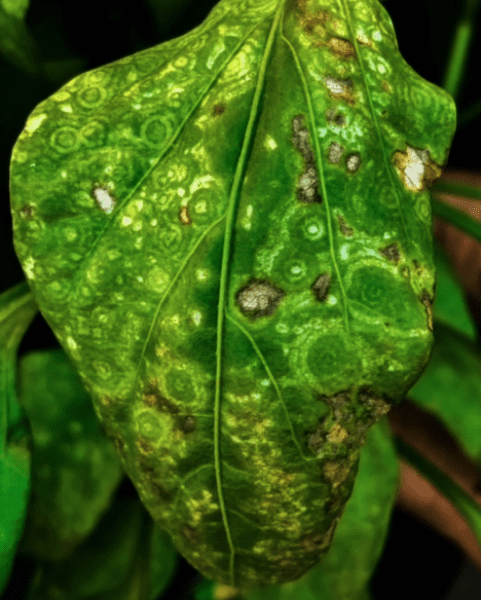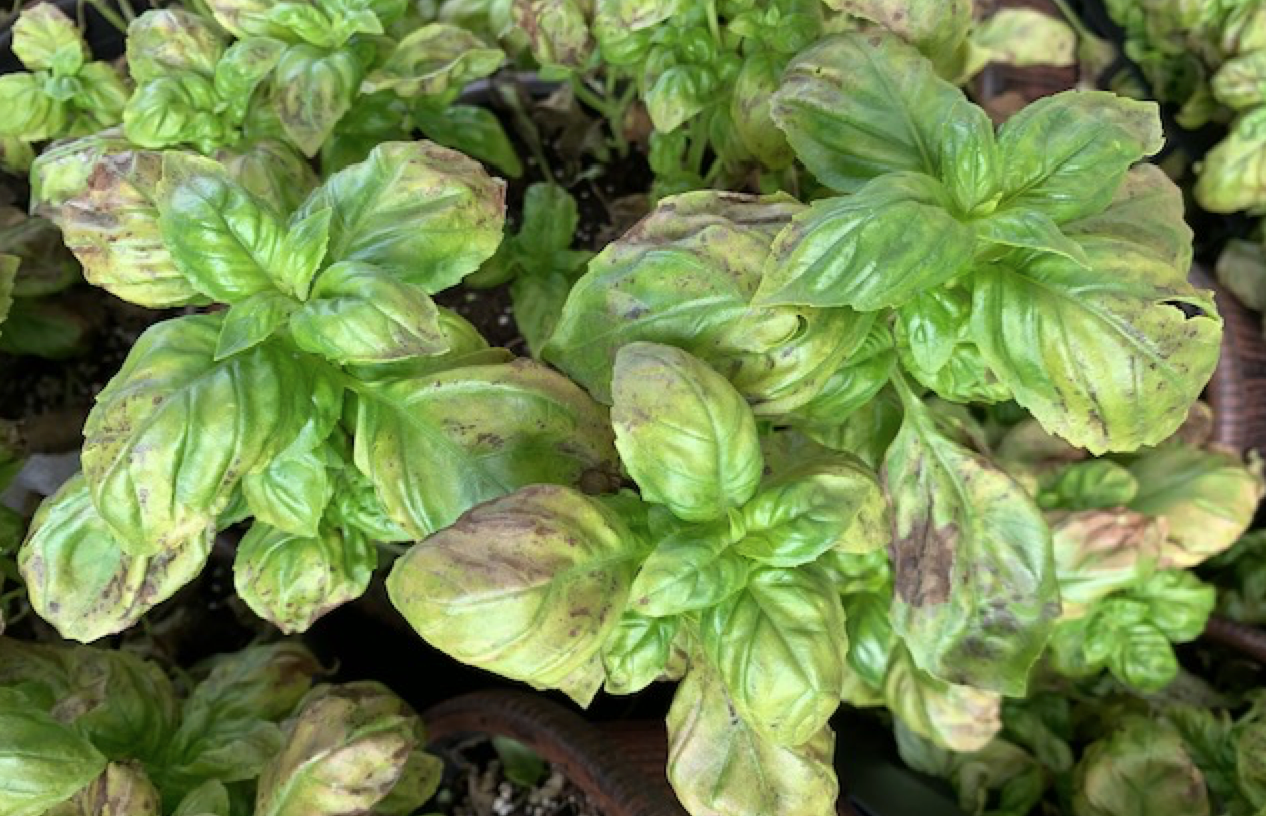Lawn & Garden

The following article contains information on early season disease management for home vegetable gardens.
Seeds
There are some plant diseases caused by fungal, bacterial, and viral pathogens that can be seed-borne. Growers should consult seed guides to determine which type of plants are recommended to save seeds from. If plants had symptoms of a plant disease last year, the disease should have been identified to determine if the pathogen could be transmitted in or on the seed. When contaminated seed is planted the following year, the new plant is vulnerable to infection from the pathogen. Seed should only be saved from healthy plants or purchased from reputable seed dealers.
Seed companies often apply fungicides to protect seeds. While these treatments give some protection against pathogens in the soil that attack germinating seed and emerging seedlings, they do not control pathogens that may attack the plant after the seedling stage. Typically, seed treatments protect the young plant for only a couple weeks and only against specific soil-borne seed rots and seedling blight-type pathogens. Seed treatments do not provide season-long protection.
Transplants

Symptoms of tomato spotted wilt disease (virus) on pepper transplants.
Growers should examine transplants carefully before purchasing, as diseases coming in on transplants is arguably the most common method of introducing a pathogen into the home garden. A disease, such as bacterial spot on tomato and pepper, is often introduced into the garden via infected transplants. Select healthy transplants that appear disease-free with no visible signs of leaf spots or blights.
Disease-Resistant Varieties
Planting disease-resistant varieties is the most effective and economical way to control plant diseases. Purchase disease-resistant varieties when available and when they address the most common diseases in your area. A variety listed as having disease resistance means it is resistant to one or more diseases, however, it does not mean it is resistant to all plant diseases. Seed catalogs generally list the resistant traits of vegetable varieties that they offer growers.
In Alabama, some of the more popular crops and associated disease resistant traits are listed below with their seed catalog abbreviations listed.
- Tomatoes: Fusarium wilt (F2, F3), Root-knot nematode (N); Early blight (AB); and Late blight (LB).
- Squash/Cucumbers: Powdery mildew (PM); downy mildew (DM); anthracnose (A); scab (S); and multiple plant virus diseases (WMV, ZMV, CMV, PRSV).
- Beans: Bean mosaic virus (BMV), anthracnose (A).
Planting Dates
Planting dates can be an effective tool for disease management. Follow the recommended planting dates for the particular vegetable being grown in your area of the state. Planting into cool, wet soils can often lead to an increase in seed rots and seedling blights. Planting later in the season may expose plants to diseases and insects that are more common during the warmer months of the year.

